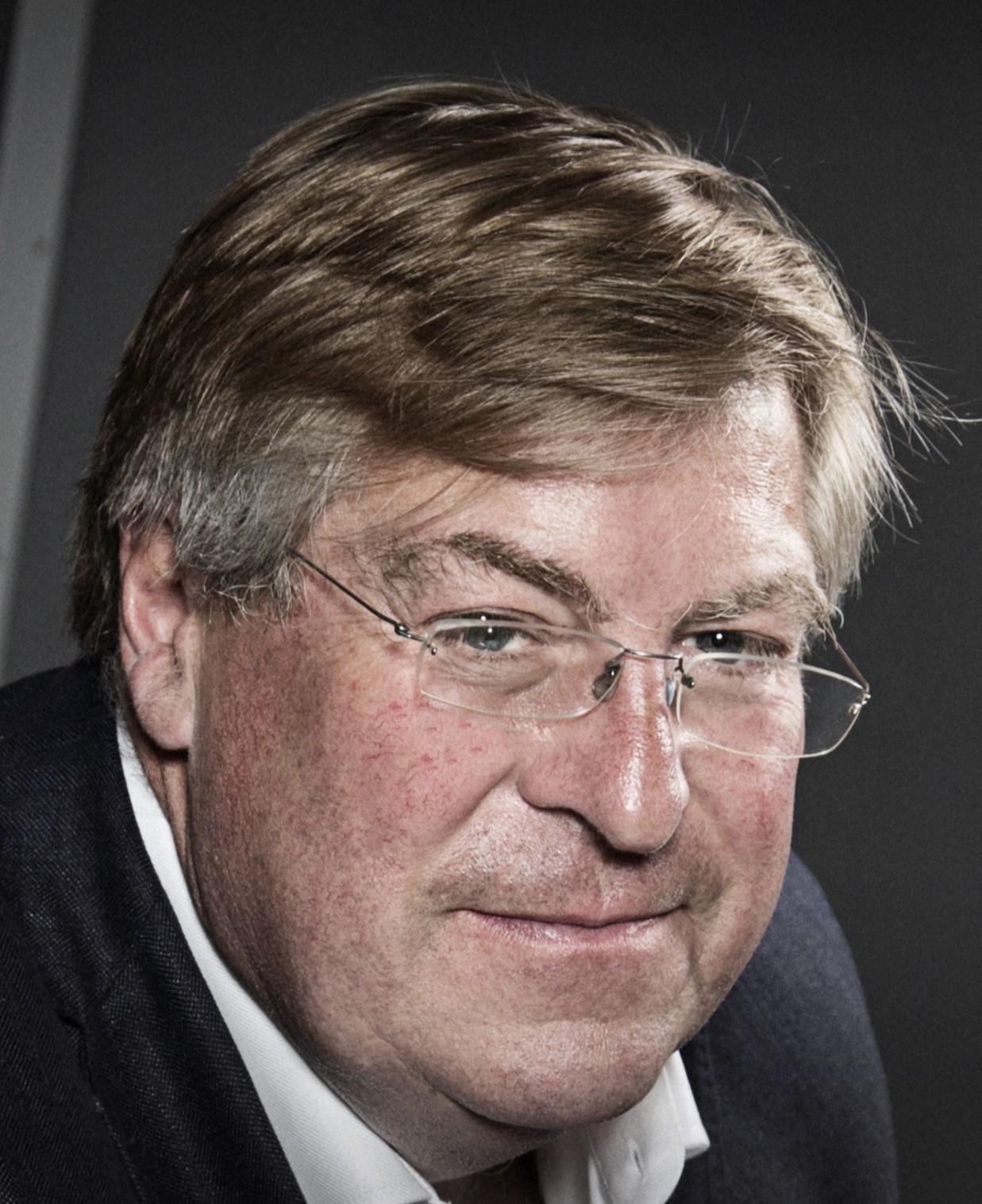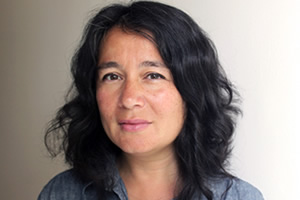media
-

Shared language for the soul
·
On June 17th – a perfect summer’s evening ‘all soft and still and fair’ – the Sandford St Martin 2024…
-

Keeping the Faith
·
Religion still deserves its place on the airwaves, says ‘Sunday’ host Edward Stourton For more than fifty years, BBC Radio…
-

What will the draft Media Bill cost public service broadcasting?
·
On 29 March, the Department for Culture Media and Sport took significant steps in making good the Government’s intention to…
